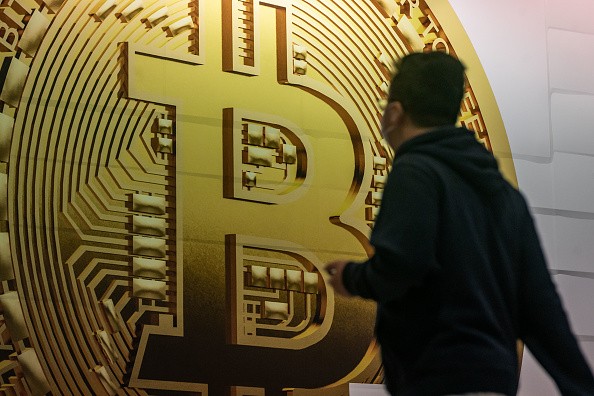Crypto has gained a new ally in its quest to become more ubiquitous-and this time, the supporter is royalty.

Bitcoin.com reports that Prince Philip of Serbia and Yugoslavia has gone on record saying that Bitcoin, currently the world's top cryptocurrency, is "freedom." The Prince, who confirmed he works in the financial industry as an analyst, has said that Bitcoin is something "he wants for everyone."
He furthers on by saying that it is something that "everyone has to learn," though he did admit that the learning process will be slow. Prince Philip said that among the reasons why this could be is due to people not used to the idea as a whole, because they "want to protect the system they do well in."
Here is the interview where the Prince made his claims: a Serbian TV show hosted by presenter Ivan Ivanović:
That's not where the Prince's statements stop, though. He also went on to say that the world "needs" hard money again, which he claims is not subject to inflation. Bitcoin was used as an example, which he says cannot be touched by inflation because there's only a limited amount of it-21 million bitcoins to be exact.
With this quality that Bitcoin possesses, Prince Philip argues that people will be "protected". But while he did weirdly separate Bitcoin and crypto as two individual terms for some reason, the statement stands.
Is Prince Philip Right, Though?
Many financial analysts have gone on record to say that Bitcoin, as well as other types of crypto, can serve as a hedge against inflation. Thus, this corroborates Prince Philip of Serbia's claim. But at best, contributor Aaron Brown of Bloomberg believes crypto is an "imperfect" hedge.
Read also: Crypto Watch: The Future of Cryptocurrency is Coming, But Will It Include Bitcoin? Web3 Rises
According to Brown, the effectiveness of crypto assets in terms of warding off inflation depends on the specific kind of inflation people fear. Crypto has proven effective in giving some protection against inflated money supply (the result of governments doing subsidies, stimulus spending, etc), but the one drawback is that it fails to create new goods and services. As such, the biggest problem isn't inflation at all, but slow economic growth.
Crypto Still Faces An Uphill Climb
Despite the growing adoption rate of Bitcoin (and cryptocurrency as a whole), it still faces an uphill climb in its quest for increased relevance-and perhaps ubiquity.

The digital assets still have harsh critics, among them Indian Reserve Bank official Shri Rabi Sankar who compared cryptocurrencies to a Ponzi Scheme. There also remains various nationwide crackdowns on cryptocurrency trading in mining, with the most notorious being China's decision to outlaw all transactions on their home turf.
Aside from that, pushing the world to fully adopt cryptocurrency will require massive adjustments. Before it could potentially do things like replace real-world cash, new infrastructure will have to be built from the ground up. This could be problematic for folks who have most of their wealth in cash (often ordinary people who don't or have never invested in other non-liquid assets), since they could lose their money.
This article is owned by Tech Times
Written by RJ Pierce
ⓒ 2026 TECHTIMES.com All rights reserved. Do not reproduce without permission.




